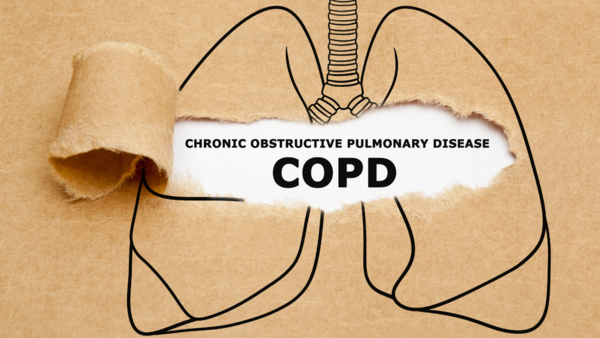Uncovering COPD
COPD, encompassing emphysema and chronic bronchitis, leads to airflow blockage, causing breathing difficulties for millions, with many cases potentially undiagnosed. Air pollution is a significant contributor to the development of COPD. Though incurable, COPD is manageable with treatment. It progresses slowly but can be treated. Effective care helps most individuals with COPD alleviate symptoms, enhance life quality, and decrease the chances of related problems such as pneumonia, lung cancer, and heart disease.
The symptoms of COPD typically include breathing problems, shortness of breath, chest tightness, and intermittent coughing.
The link between COPD severity and life expectancy
The extent of lung damage and breathing difficulty plays a crucial role in determining how long someone can live with COPD. In general, as COPD worsens, life expectancy tends to decrease. This is because more severe stages of COPD bring a greater risk of complications like respiratory failure and heart issues, which can greatly impact a person’s overall health and life expectancy. Recent research indicates a significant potential drop in life expectancy in India, ranging from 3.2 years to an astonishing over 11 years. Hence, it’s recommended for patients prescribed an inhaler to use it regularly, as doing so can gradually mitigate the decline in health.
How COPD Impacts Mental Health, Triggering Anxiety and Depression
1. The Mental Impact of COPD: COPD takes a toll on mental well-being, presenting emotional hurdles for those managing this respiratory issue.
2. Triggers for Anxiety and Depression in COPD:
- Physical Limits and Emotional Stress: COPD’s physical constraints like labored breathing and limited movement can strain mental health, stirring up emotional challenges.
- Social and Psychological Ripples: By exploring how COPD can influence social life and overall mental health, detailing the strain of dealing with a long-term condition on relationships and emotional balance.
- Dealing with Uncertainty: The emotional weight of coping with the uncertainties of COPD, including concerns about the future, how the disease progresses, and the impact on one’s lifestyle.
Protecting your lungs: key points to remember
1. Preventive measures matter:
- Regular Exercises: Engage in specific exercises to support lung health.
- Vaccinations: Stay updated on vaccinations to protect against respiratory illnesses.
- Regular Health Check-ups: Visit healthcare providers for early detection, especially if at high risk due to conditions like COPD, asthma, smoking, or high-exposure work.
2. Prioritize inhalers and medication:
- Inhalers’ Importance: Acknowledge the significance of prescribed inhalers for lung health, whether for regular or occasional use.
- Early Intervention: Consistent medication intake as directed can notably reduce the risk of health deterioration.
3. Exercise as a supportive tool:
Prevention and Rehabilitation: Exercise plays a crucial role in both preventing lung issues and supporting recovery for individuals dealing with existing lung conditions.

What is the connection between COPD and cardiovascular health?
4. Breathe easier with pulmonary rehab:
Pulmonary rehabilitation, or respiratory rehab, is a supervised program for lung disease patients with COPD. It includes exercises, education, and support to improve physical and mental health. Counseling, breathing techniques, and education on medications and nutrition aim to enhance strength and well-being, especially for those still experiencing symptoms despite standard treatments.
Remember, protecting your lungs involves proactive steps, proper medication, and physical activity to ensure optimal lung health.
Written by Dr Sachin Kumar, Senior Consultant, Pulmonology and Critical Care Medicine, Sakra World Hospital, Bengaluru

